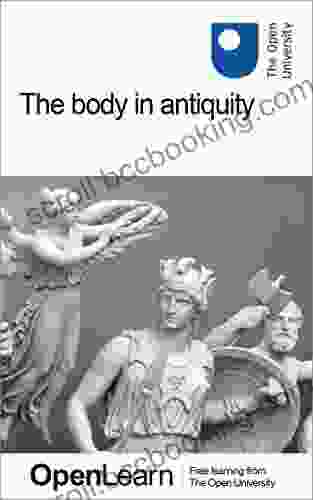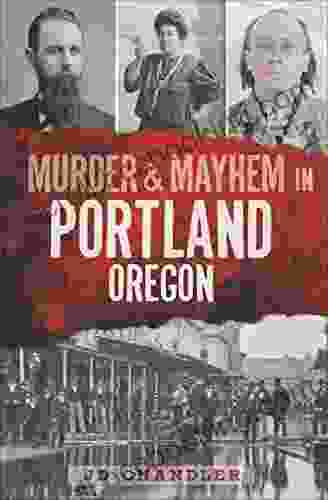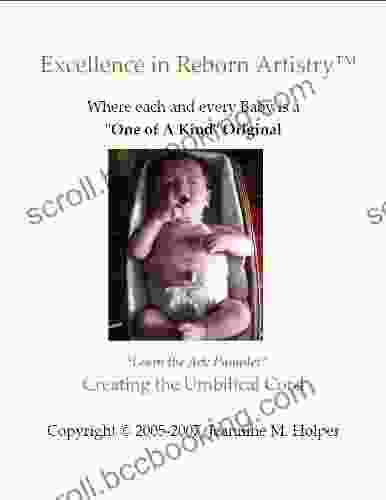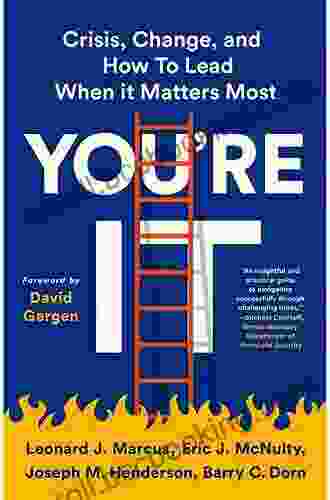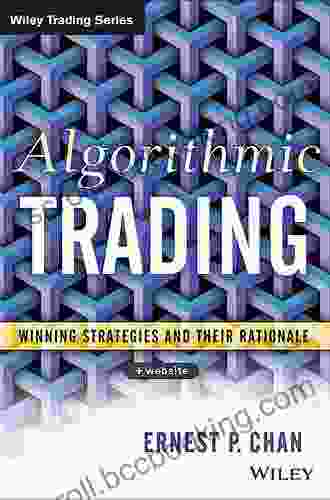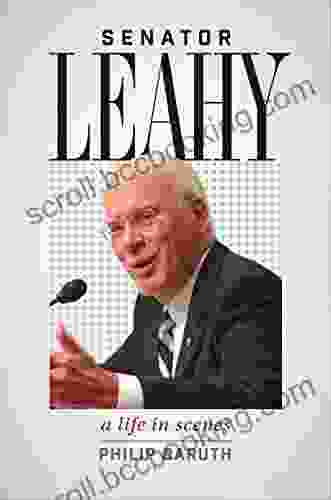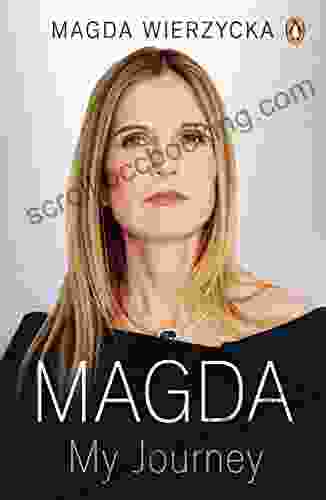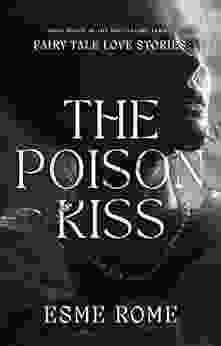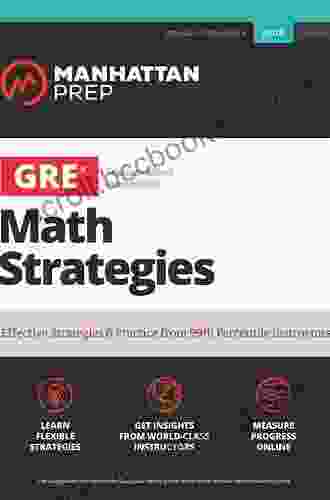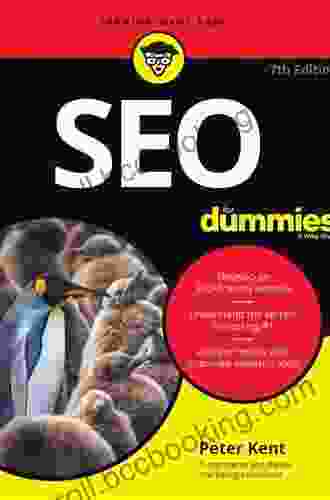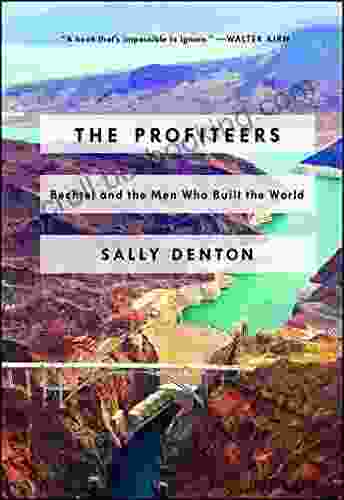Our understanding of the human body has undergone a remarkable evolution over the centuries. From the ancient Egyptians' belief in the afterlife to the Greeks' pursuit of physical perfection, each civilization has left its unique mark on our knowledge of anatomy, physiology, and disease. The Body in Antiquity, a groundbreaking work by Ferial Youakim, provides a comprehensive exploration of this captivating history.
Art and the Body
In ancient art, the human body was a central subject, often depicted with exquisite detail and realism. Youakim delves into the ways in which artists from different cultures portrayed the body, highlighting the influence of religious beliefs, social norms, and aesthetic ideals. From the voluptuous figures of ancient Egypt to the idealized athletes of classical Greece, she reveals how art shaped our understanding of the body and its place in the world.
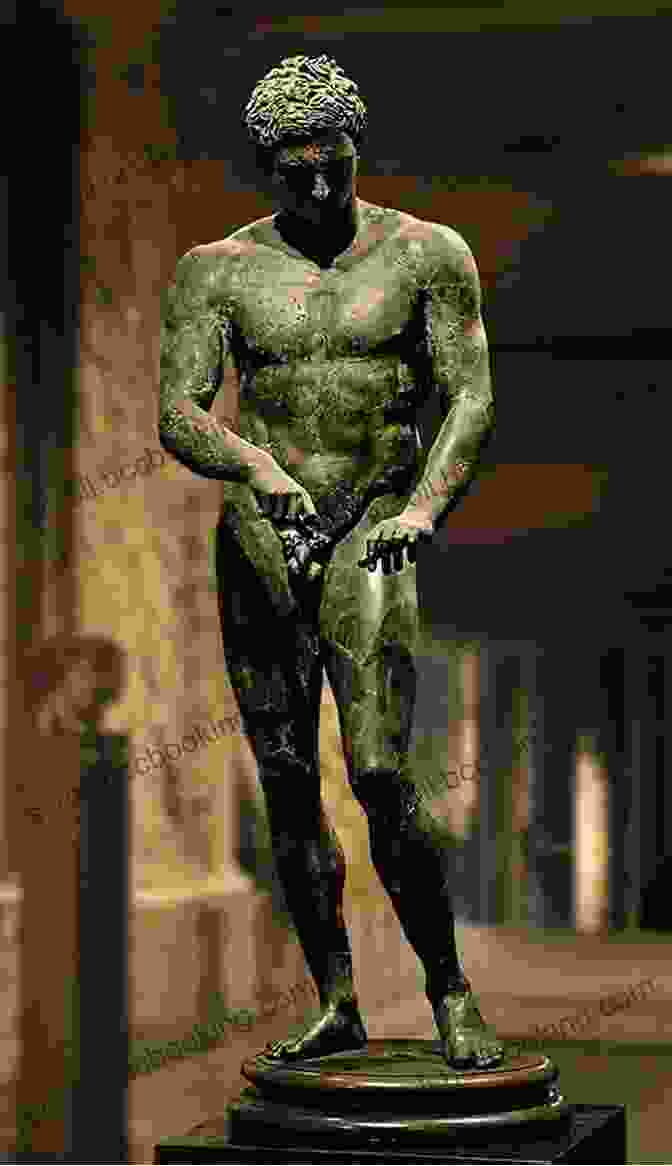
Literature and the Body
Literature also played a significant role in shaping our knowledge of the body. Youakim analyzes literary works from ancient Greece and Rome, examining how writers used the body as a metaphor for exploring human emotions, experiences, and mortality. From Homer's Iliad, with its graphic descriptions of battle wounds, to Ovid's Metamorphoses, with its tales of bodily transformations, she unravels the complex relationships between the body and the human condition.
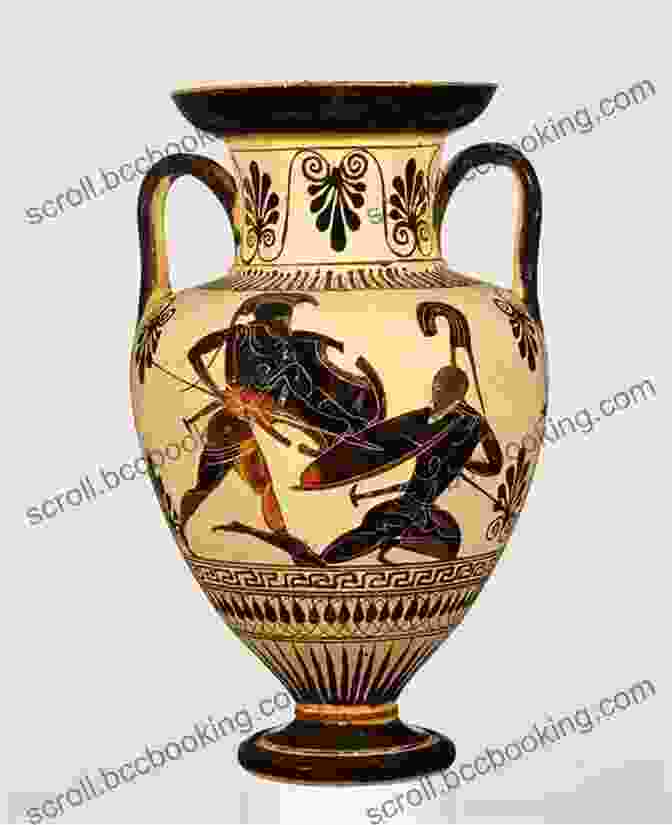
Medicine and the Body
The ancient world witnessed significant advancements in medical knowledge. Youakim traces the evolution of medicine from the empirical practices of ancient Egypt to the scientific inquiries of the Hippocratics and Galen. She explores the development of anatomical knowledge, surgical techniques, and disease theories, highlighting the profound impact that these discoveries had on our understanding of the human body and its treatment.
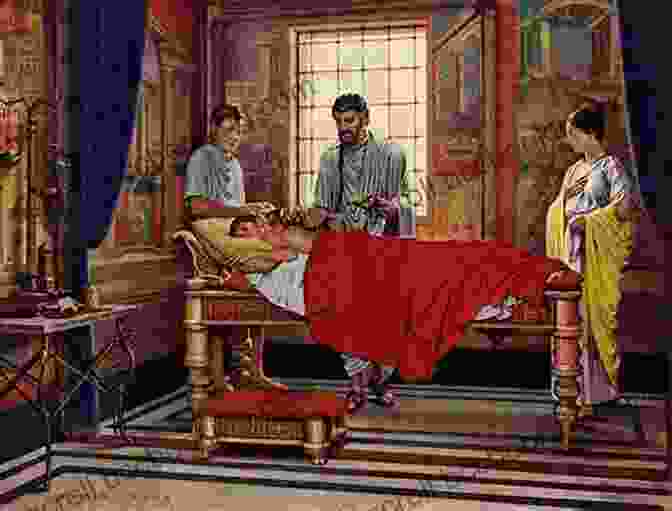
The Body in Context
The Body in Antiquity is not merely a historical survey; it also provides a broader context for understanding the body in the ancient world. Youakim examines the interconnections between the body and religion, philosophy, and social structures. She discusses the role of the body in rituals, beliefs about the afterlife, and the construction of gender and identity. By exploring these connections, she offers a holistic view of the body as an integral part of ancient life.
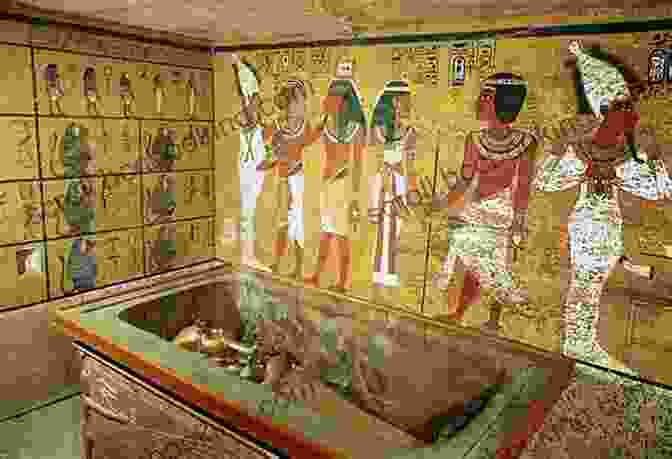
Ferial Youakim's The Body in Antiquity is a masterpiece that illuminates the profound significance of the human body in the ancient world. Through its comprehensive exploration of art, literature, and medicine, this book invites us to delve into the fascinating history of our physical selves. It is a must-read for anyone interested in the intersection of history, culture, and the human body.



